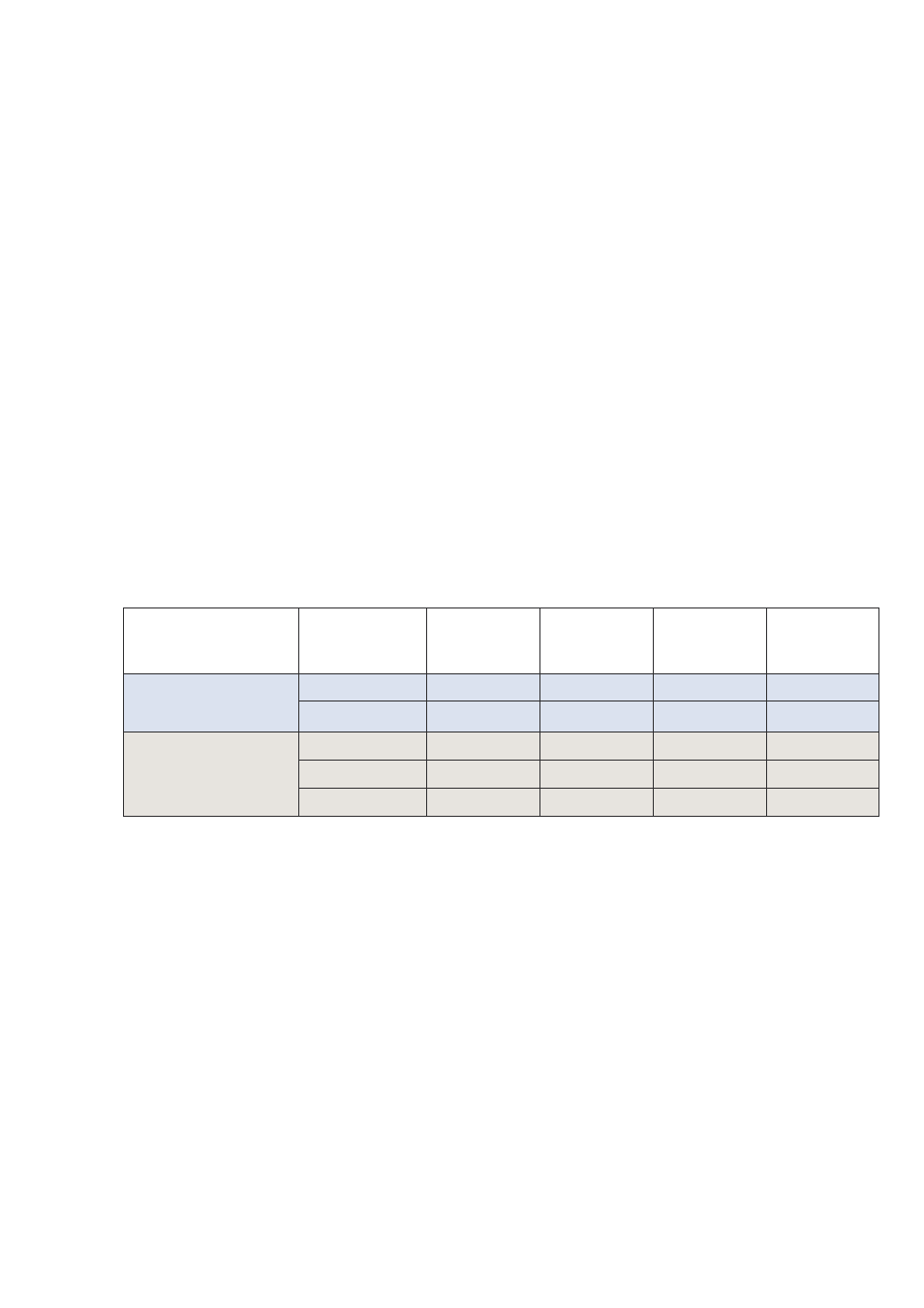Layer thicknesses – Ivoclar Vivadent IPS e.max CAD-on User Manual
Page 18

18
Layer Thicknesses
The restoration design is key to the success of durable all-ceramic restorations.
The more attention given to the design, the better the final results and the clinical success will turn out to be. The
following basic guidelines have to be observed:
– The restoration design generated by the software may need to be individually adapted according to the clinical require-
ments using the design tools.
– In the case of bridges, a sufficient penetration of the individual bridge elements must be ensured in order to observe the
minimum connector dimensions in the IPS e.max CAD-on restoration.
– During the construction of an IPS e.max CAD-on restoration, the separation into IPS e.max ZirCAD frame-
work and the IPS e.max CAD veneering structure is carried out by the software after the design of an ana-
tomical shape.
– If changes are made to the framework during construction in the milling preview, make sure that no undercuts are created.
Otherwise, the IPS e.max CAD veneering structure may not be placed on the framework.
– After the milling process, only the attachment point to the block may be smoothed out on the IPS e.max ZirCAD frame-
work. Further processing is not possible, as this would influence the size of the fusion joint.
The following minimum layer thicknesses are stored in the software and must be observed. Please refer to the
indications (see page 8) for information on the possible restorations.
Crowns
Splinted
crowns
3-unit posterior
bridges
4-unit posterior
bridges
(2 connected bridge pontics
at most)
IPS e.max IPS e.max CAD
veneering structure
minimum layer thickness
circular
0.7
0.7
0.7
0.7
occlusal
0.7
0.7
0.7
0.7
IPS e.max ZirCAD
framework minimum layer
thickness
circular
0.5
0.5
0.5
0.5
occlusal
0.5
0.5
0.5
0.7
Connector dimensions
—
—
9 mm
2
12 mm
2
Dimensions in mm